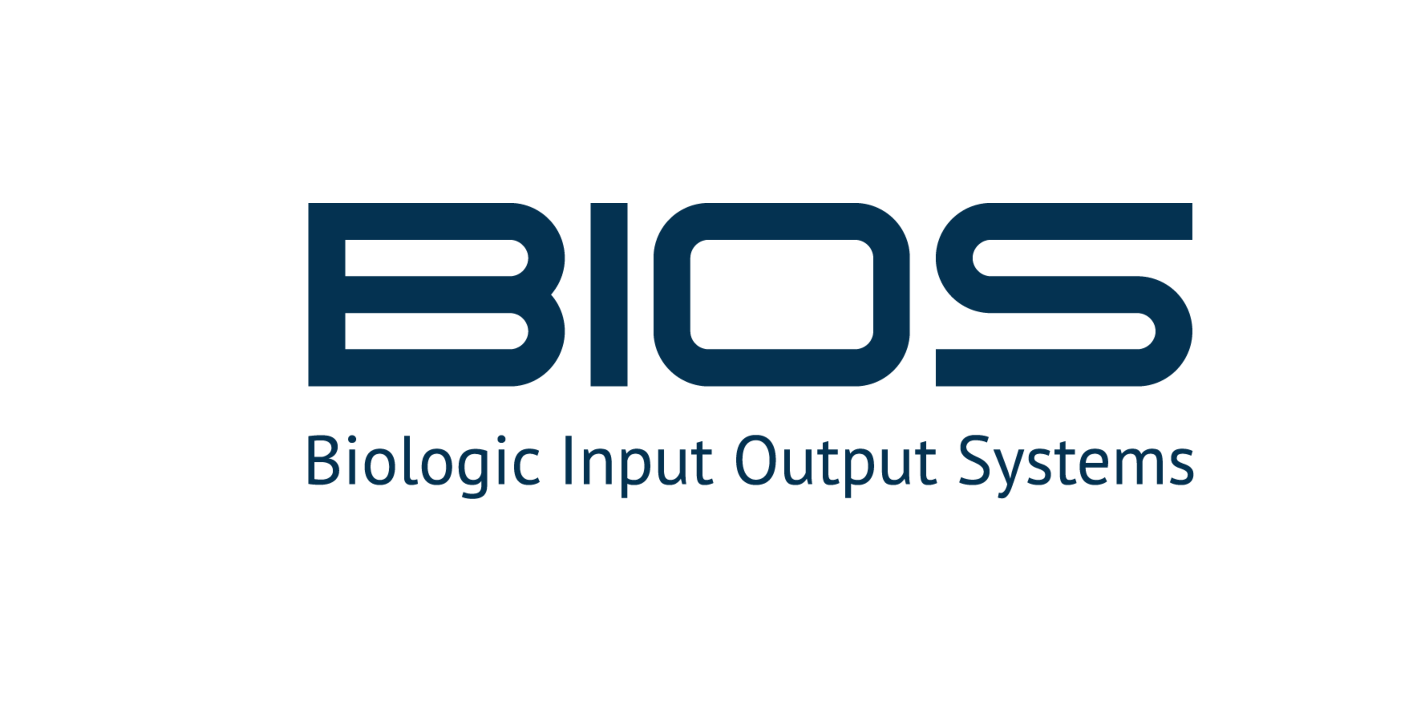The Utah NeuroRobotics Lab, led by Dr. Jacob A. George, has launched a new research collaboration with Meta to evaluate how consumer-grade wrist wearables can make human-computer interaction more accessible for people with varying levels of hand mobility. Building on previous research that demonstrated how surface electromyography (EMG) signals remain viable for control even with reduced signal-to-noise ratios, Dr. George’s team will now assess Meta Neural Band technology with end users who have neuromuscular conditions. The research will examine how EMG-based gesture controls can enable individuals to operate computers, smart home devices, and potentially recreational mobility equipment like the University of Utah’s TetraSki. This collaboration emphasizes co-design with end users to ensure the technology meets diverse needs and can be customized for people with conditions such as muscular dystrophy, stroke, spinal cord injury, ALS, and limb loss.
Learn More: Read the full article on Meta’s blog: A Look at the University of Utah’s Accessibility Research Using Meta Neural Band









